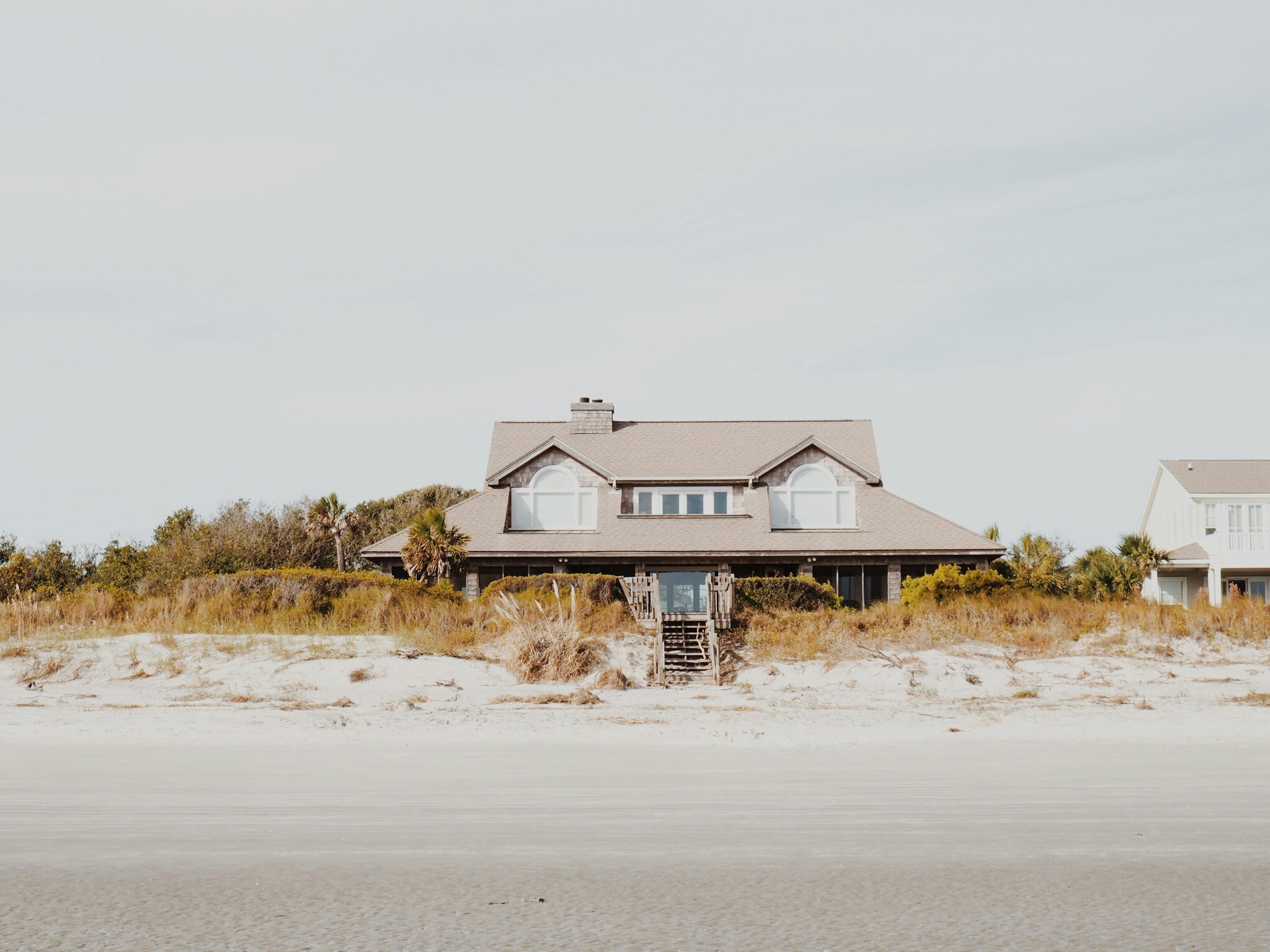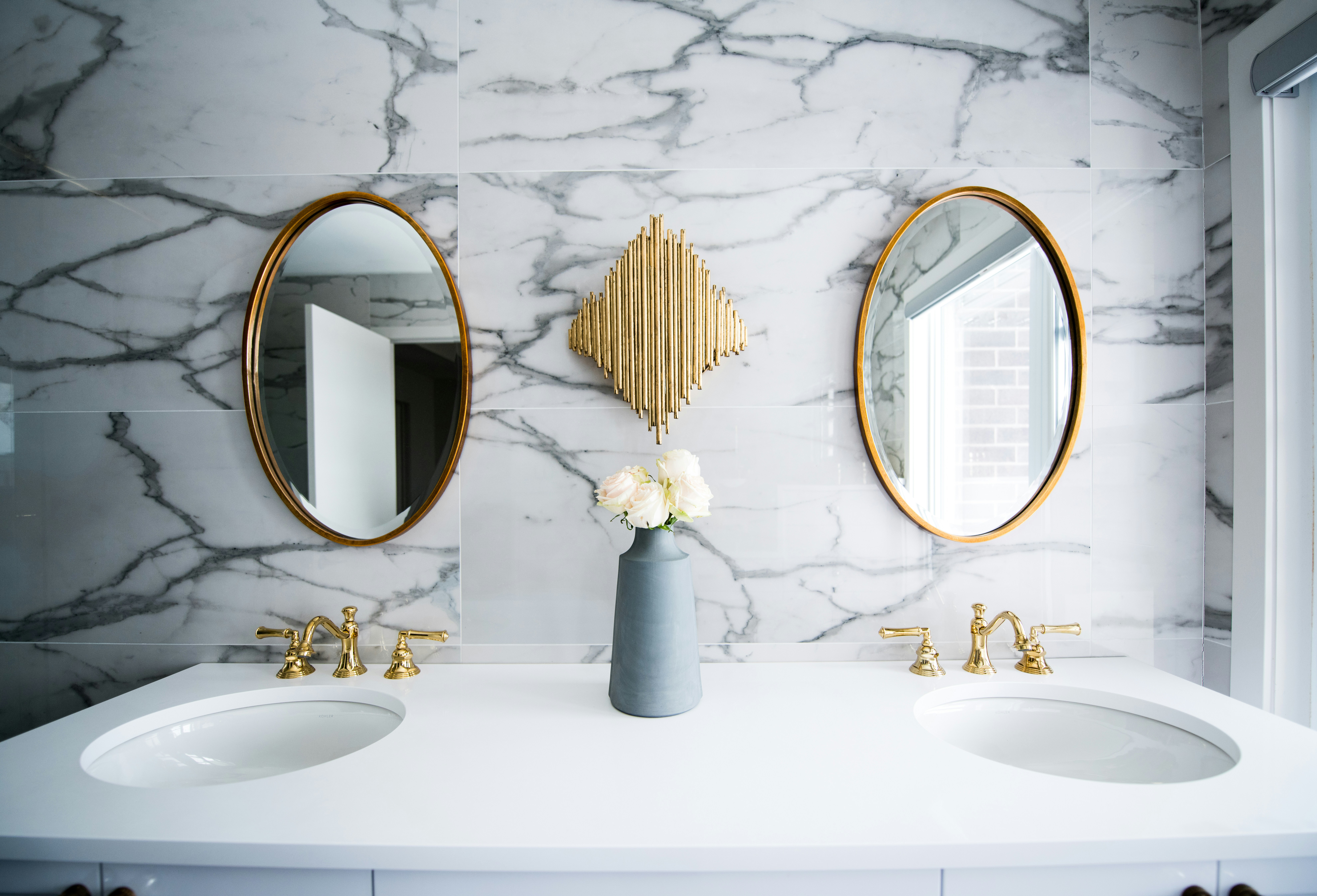Homebuyers have three primary options to choose from when searching for a new home. One option is to buy a newly constructed home from a builder. Homebuyers can also opt to purchase a lot and hire a builder to construct a home to their specifications. The other primary option for acquiring a new home is to purchase a house from its current owners.
How much money you’ll need to buy a new home depends on several variables, such as your home loan, the location, whether you need to invest in repairs or upgrades, and the kind of new home you’re buying. Consider these factors when you’re calculating the cost of a new home.
Type of Loan
There are several different types of loans to consider when purchasing a home. Homebuyers in the United States might qualify for a U.S. Department of Agriculture (USDA) loan. Other loan options include the Federal Housing Administration (FHA) loans, Veterans Affairs (VA) loans, and bank loans. Each loan has conditions that must be met and determine how much your down payment is and your interest rate.
There are also different types of bank loans. Most homebuyers weigh the benefits of fixed vs variable loans when determining what type of mortgage to apply for. Fixed-rate loans have a set interest rate that doesn’t change. Some homeowners prefer consistent monthly payment amounts because it’s easier to budget. With variable-rate loans, the interest rate fluctuates. Consequently, mortgage payments can increase and decrease when interest rates change. If interest rates drop, homeowners can save thousands with a variable interest rate.
Location

The home’s location will significantly impact the price. Lots are usually more expensive if they’re close to major cities or desirable features, such as the ocean. You may be able to afford a larger property if you opt for a home near a landfill, but you’ll pay more for a comparable home in a nice suburb.
The home’s location will also determine what type of loans you’re eligible for. For example, USDA loans are only available to homebuyers purchasing a property in rural areas.
The property’s location can also determine what type of home buying grants you may be eligible to receive. Australia offers a First Home Owner Grant (FHOG) worth up to $20,000. The amount first-time homebuyers are eligible to receive also depends on the property’s location. Grants for homes in regional Victoria are higher than grants for homes throughout the rest of the country.
Upgrades and Repairs

If you opt to work with a builder to construct your home, the cost will depend on which upgrades you choose to add to your property. It’s possible to focus on core rooms and plan to finish off your basement and other areas of your property later. Some buyers prefer to have everything completed before moving in and opt to incur those costs when they buy, but this means they will need to finance those costs over the entire life of the loan they take out for their mortgage.
If you’re buying an existing property, you may need or want to invest in upgrades. You may be able to save money if you buy a house that doesn’t have enough bathrooms and add a new bathroom because homes with more existing bathrooms list for higher prices, and if it’s an older home, you may still need to remodel the bathroom to suit your needs and preferences. Search for “affordable bathroom solutions in New Jersey, Pennsylvania, and New York” to find contractors in your area who remodel bathrooms. Contractors can provide a free estimate to help you determine the cost of renovations.
Type of Home
The type of home you buy will significantly impact the price. If you opt for a condo, you may not need to worry about shouldering the cost of a roof repair alone, but you will have to pay condo maintenance fees. Older homes may cost less initially but can cost more to maintain. Upkeep costs should be considered when preparing your home buying budget. This way, you’ll ensure your peace of mind because you will be able to afford to maintain your home. The type of home you buy will also affect your property insurance rates.
You’ll be able to determine how much money you need for a house when you identify the type of loan you’re going to use, the home’s location, whether you need to invest in repairs or upgrades, and the type of home you’re purchasing. It’s also important to budget for homeowner expenses, such as insurance and maintenance costs.







